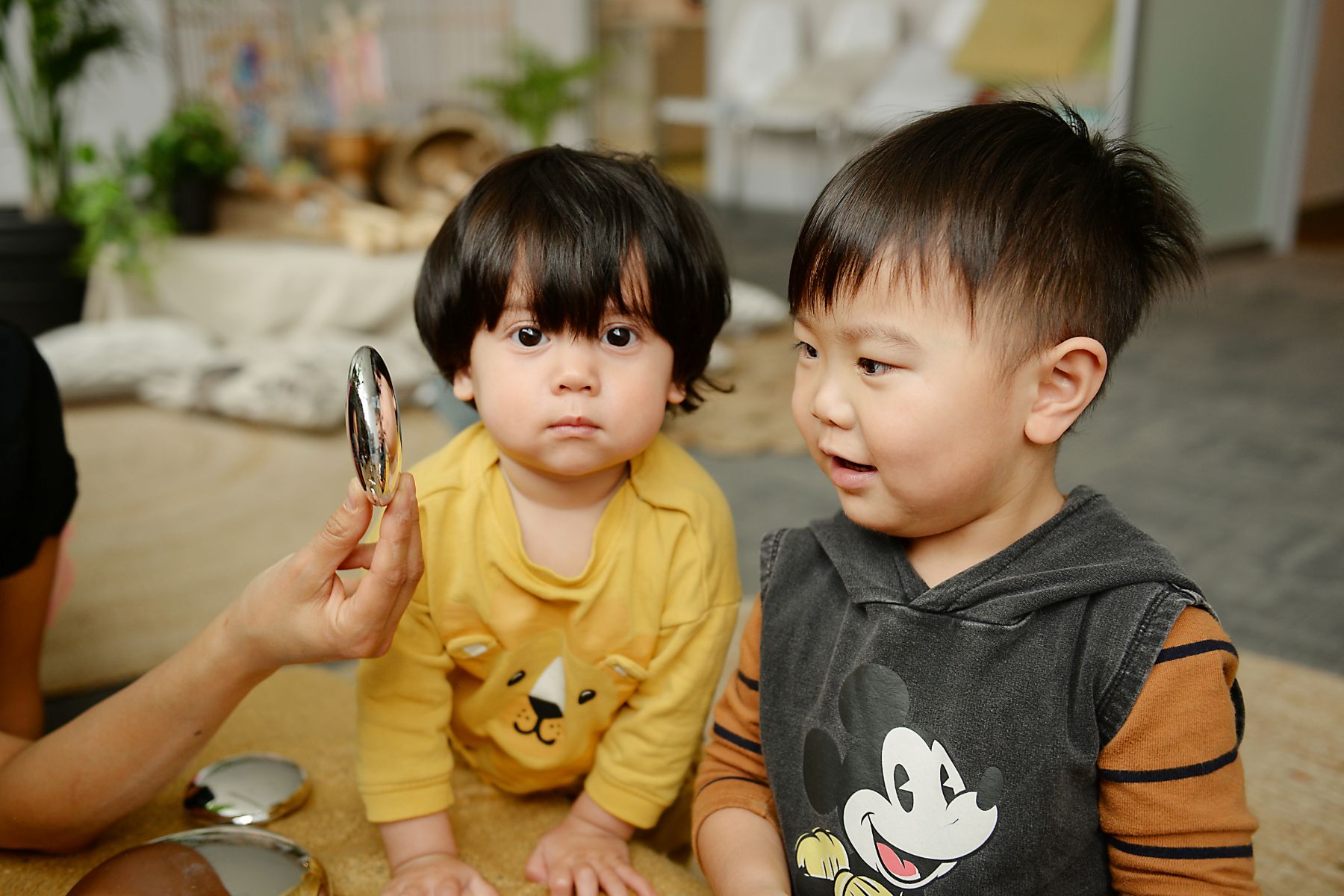
The Role of Storytelling in Early Learning: Building Imagination and Empathy
Most of us have cherished memories of favourite childhood stories. It’s common for children to want to hear their best-loved ones told over and over – and the reasons for this go far deeper than simply enjoying a good tale. Storytelling has been used since the dawn of time to both entertain and instil deeper, […]
Read More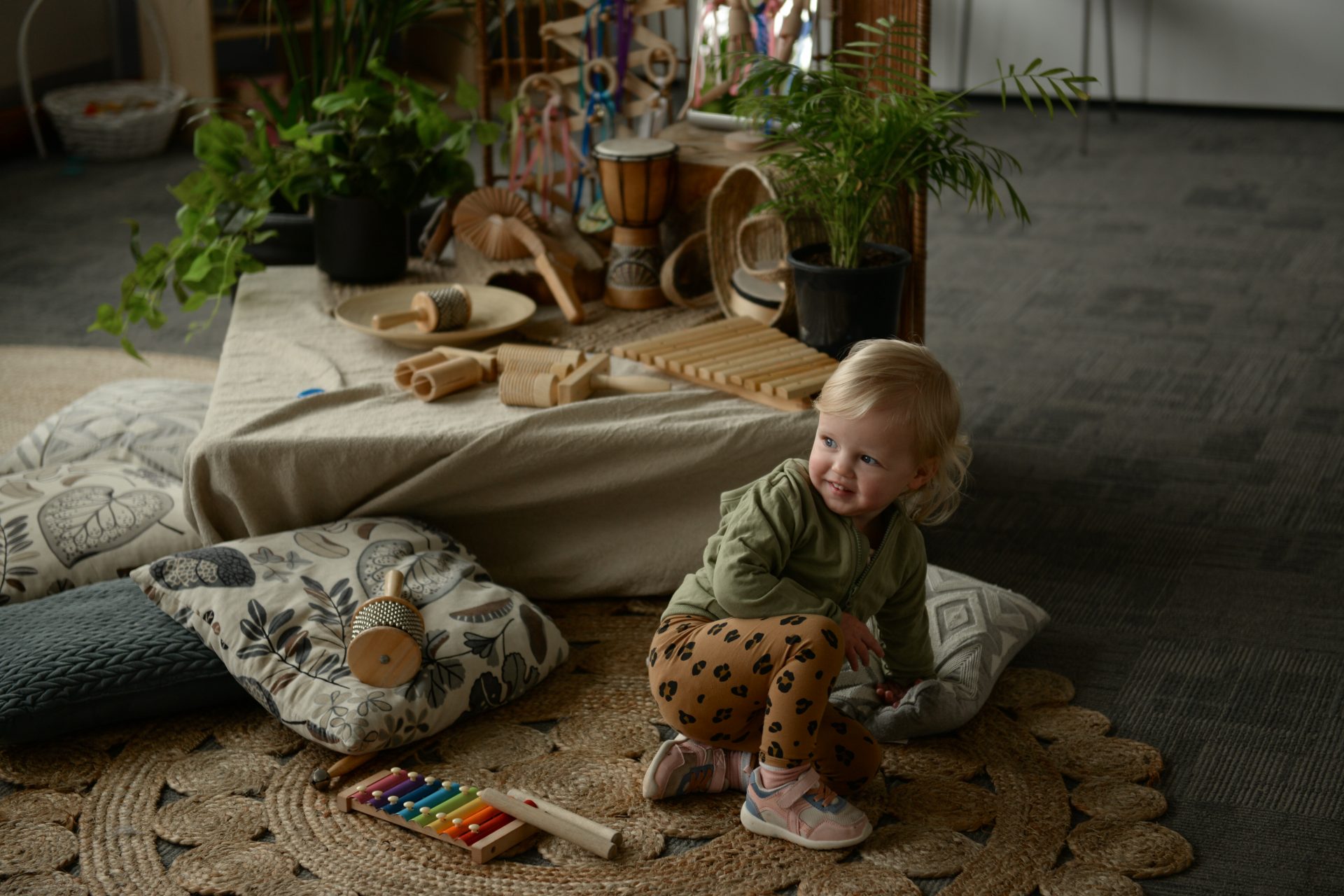
Mindfulness for Little Learners: Helping Children Manage Emotions Through Calm Practices
Emotions are tough for little ones to navigate. Let’s face it, they’re challenging for us as adults, even with all our prior life experience and reasoning to help us understand. For preschoolers whose brains are still developing and processing a massive amount of new information, emotional feelings and thoughts can often spill into the ‘too […]
Read More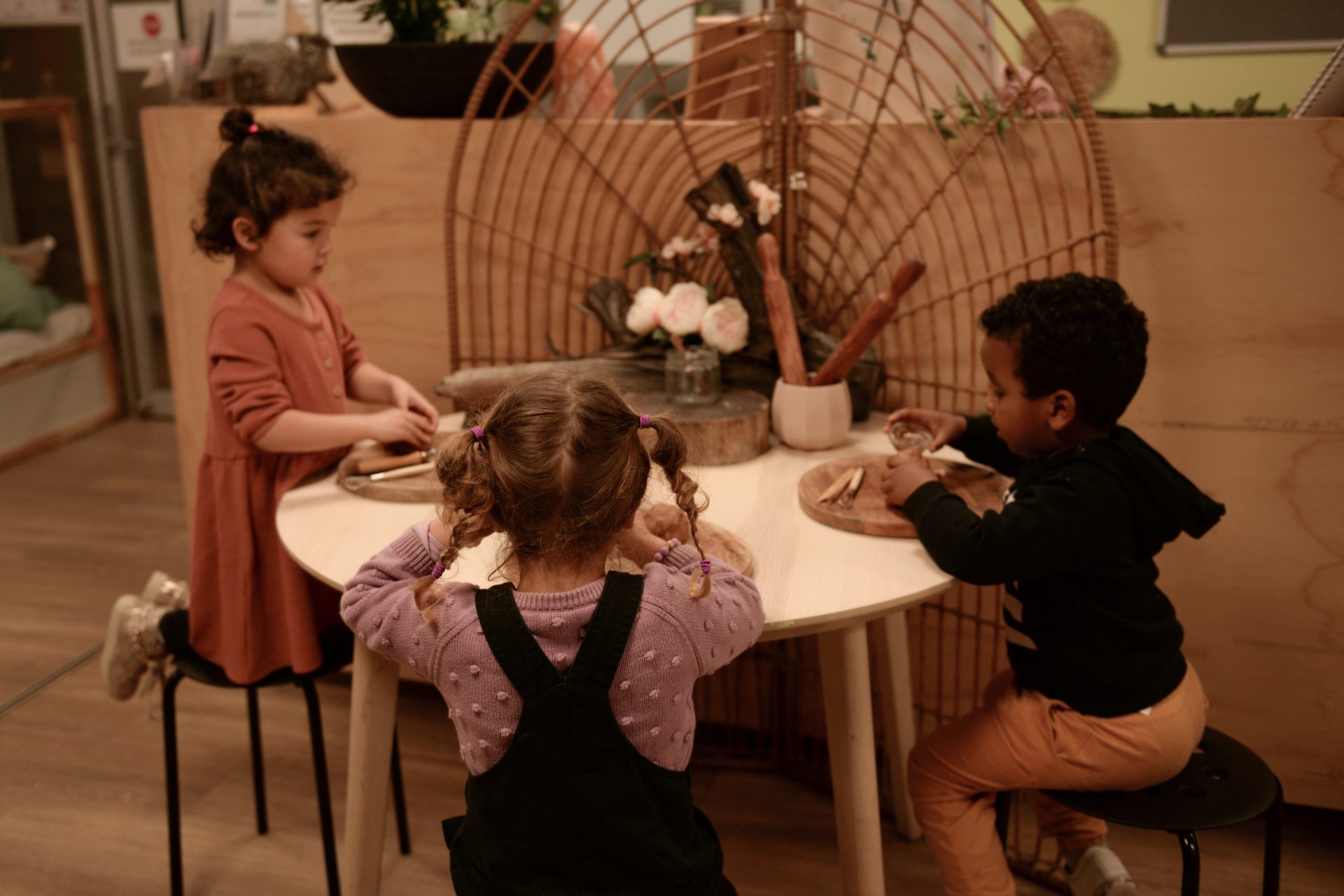
The Educator’s Role as a Co-Learner: Guiding Children Without Taking Over
The word ‘teacher’ probably brings to mind a person stood in a classroom instructing their pupils in whatever subject it is that they’re learning. However, in the landscape of pre-school it’s necessary for the educator to take on more of a facilitator’s role, gently guiding them on a discovery journey that’s led by whatever piques […]
Read More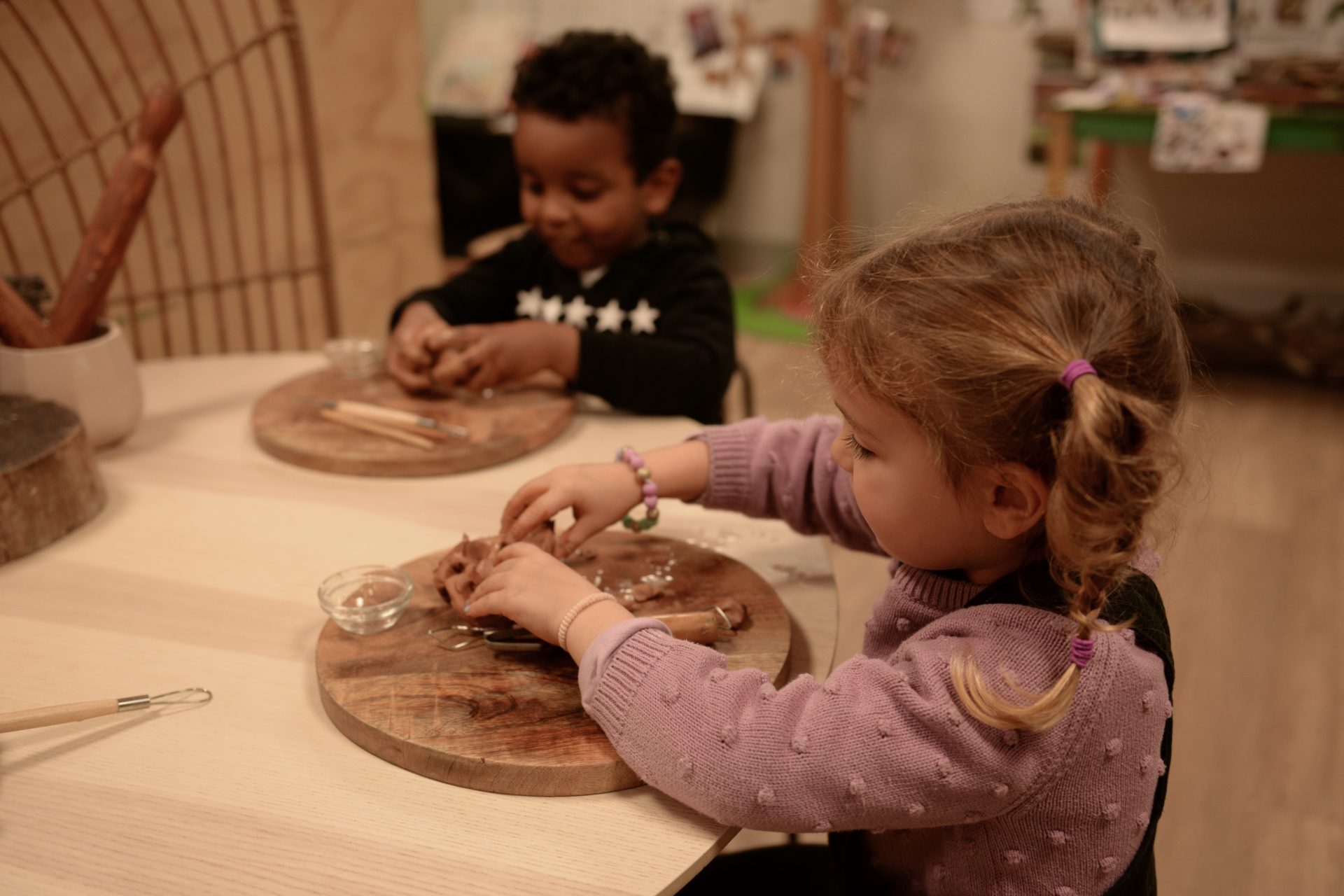
From Curiosity to Confidence: Encouraging Inquiry-Based Learning in Preschoolers
Science, technology, engineering and mathematics – often abbreviated to STEM – might not be the first subjects that spring to mind when you think of early childhood education. But the building blocks of all learning are laid during these formative years, and early development through the neuroscience of play has a significant impact on future […]
Read More
The Power of Rituals and Routines in Building Secure Learners
Science, technology, engineering and mathematics – often abbreviated to STEM – might not be the first subjects that spring to mind when you think of early childhood education. But the building blocks of all learning are laid during these formative years, and early development through the neuroscience of play has a significant impact on future […]
Read More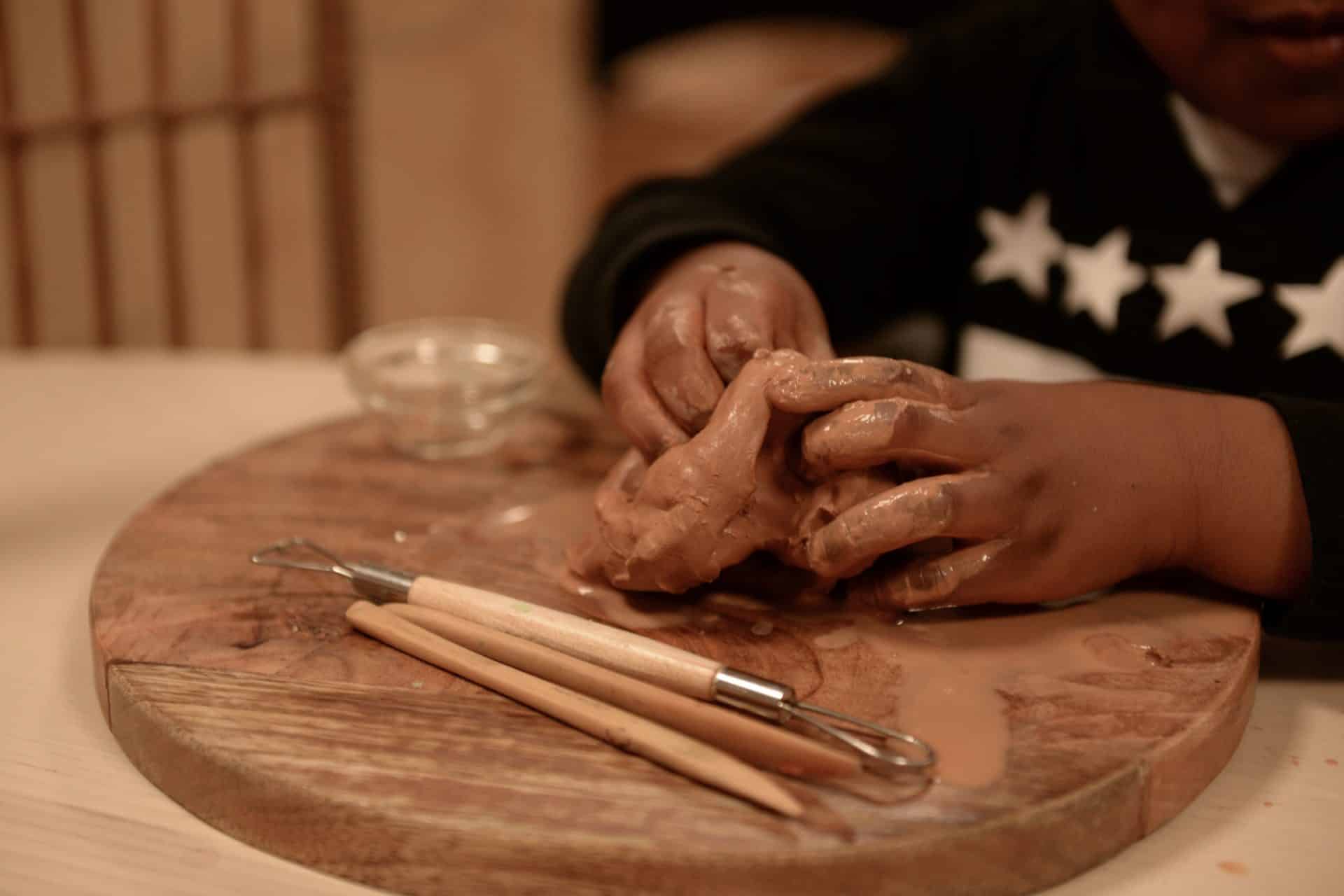
Why Creative Arts Are Essential for Brain and Social Development
Creativity comes in many forms, from painting to singing, role play to sand castles, the art of making something purely from the imagination is certainly fun. But even more importantly, such activities are exactly what’s needed for the brain to develop the basics of crucial life skills. From problem solving to hand-eye coordination, exposure to […]
Read More
STEM in Early Childhood: Fun and Simple Ways to Introduce Big Ideas
Science, technology, engineering and mathematics – often abbreviated to STEM – might not be the first subjects that spring to mind when you think of early childhood education. But the building blocks of all learning are laid during these formative years, and early development through the neuroscience of play has a significant impact on future […]
Read More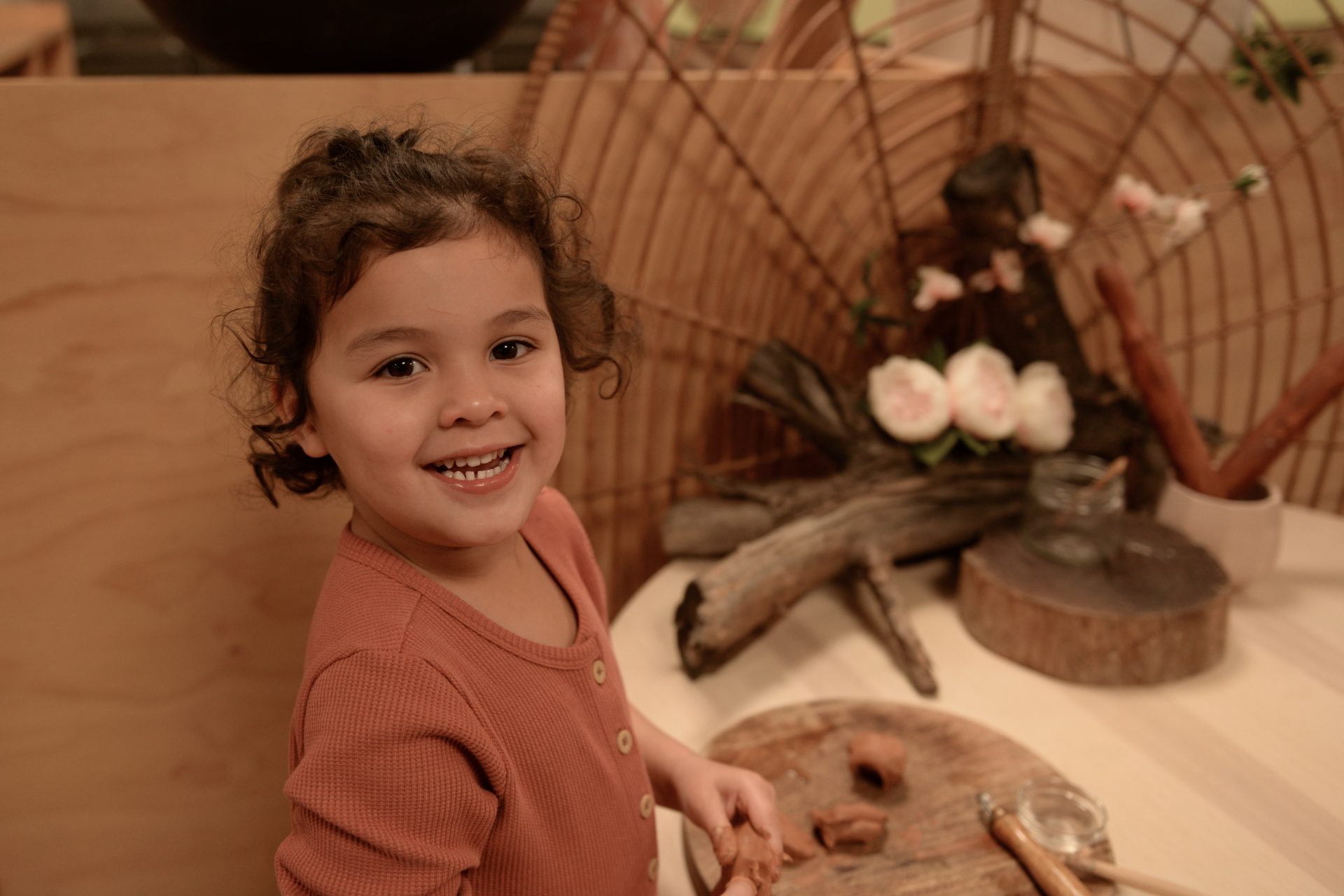
How Early Childhood Education Shapes Emotional Intelligence for Life
Emotional intelligence (EI) is all about how a person understands, recognises and manages emotions, both in themselves and others. This is a super-important facet of learning that begins during the earliest stages of life. Therefore, fostering emotional resilience in preschoolers is a crucial element of education. With a far-reaching impact for all future learning and […]
Read More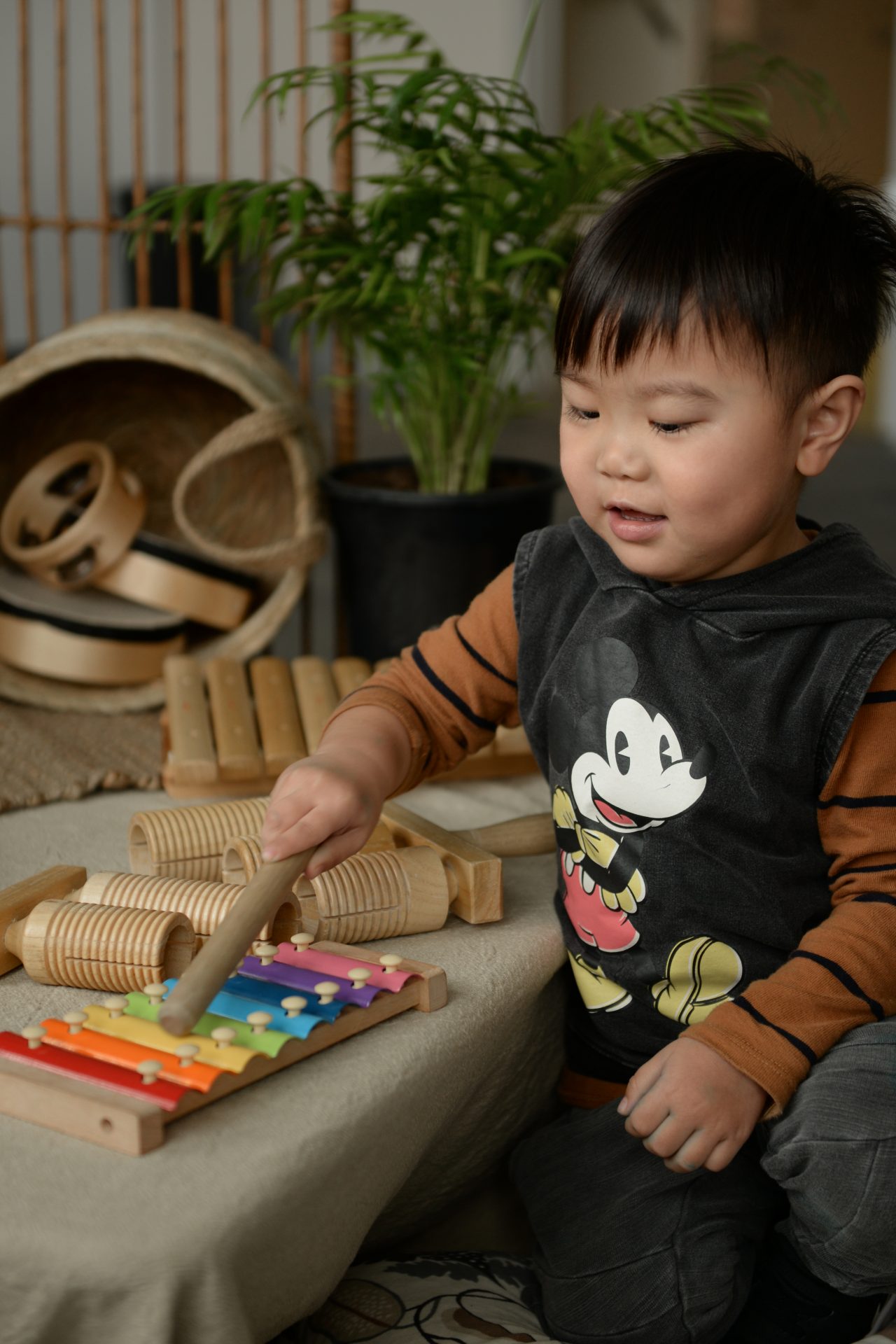
Supporting Language Development in the Early Years: Practical Ideas for Parents
When we think of language, the first thing that springs to mind is talking. And yes, the art of speaking is a vital skill that parents and caregivers must support, but we shouldn’t think of communication only in terms of the spoken word. The Reggio Emilia approach is big on what is termed the hundred […]
Read More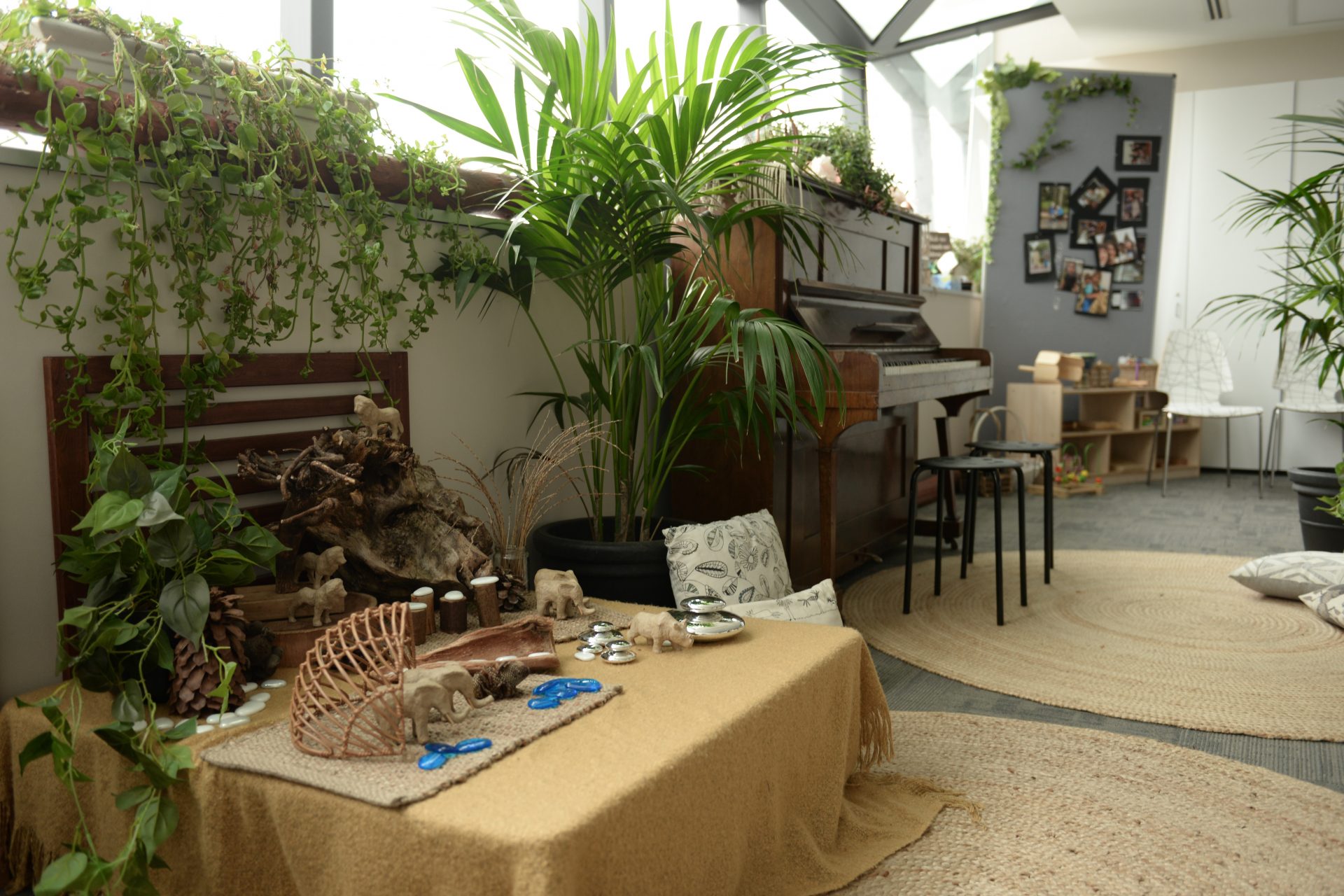
The Role of Nature in Early Learning: Why Outdoor Exploration Matters
The wonders of the great outdoors bring incredible benefits at every stage of life, and the formative years are no exception. In fact, there’s an increasing level of scientific evidence that shows it’s not just a nice-to-do, it’s crucial for early development. This is and always has been something that the Reggio Emilia approach strongly […]
Read More
